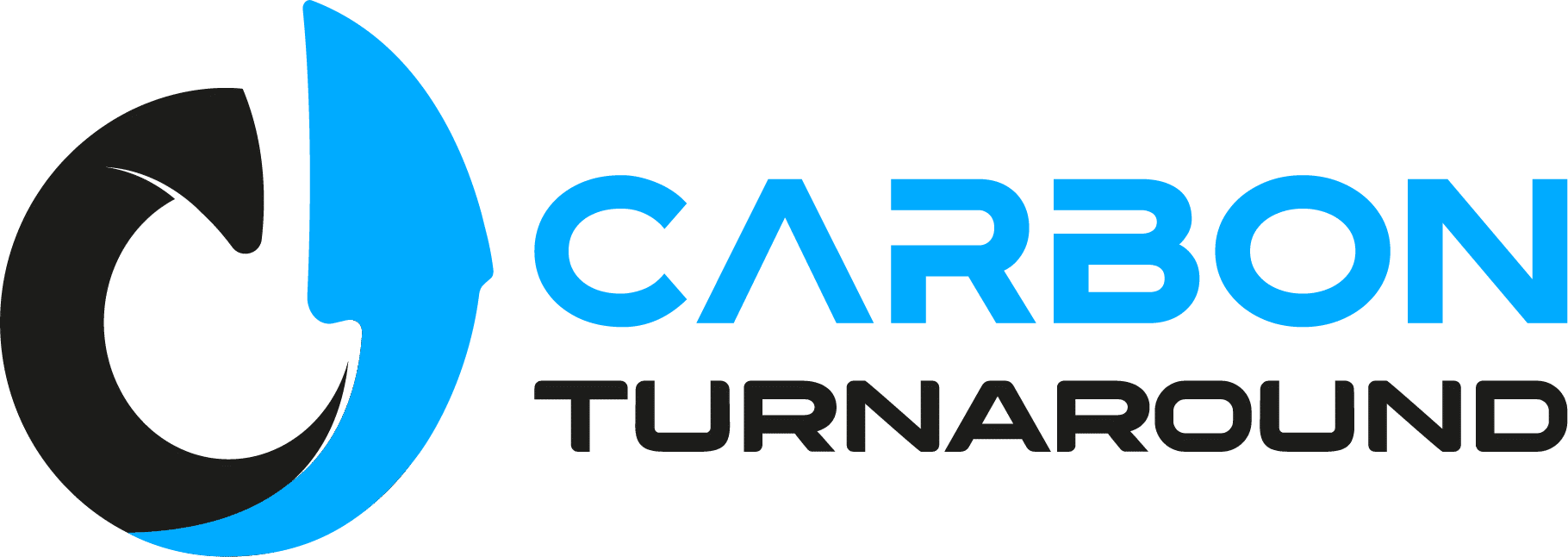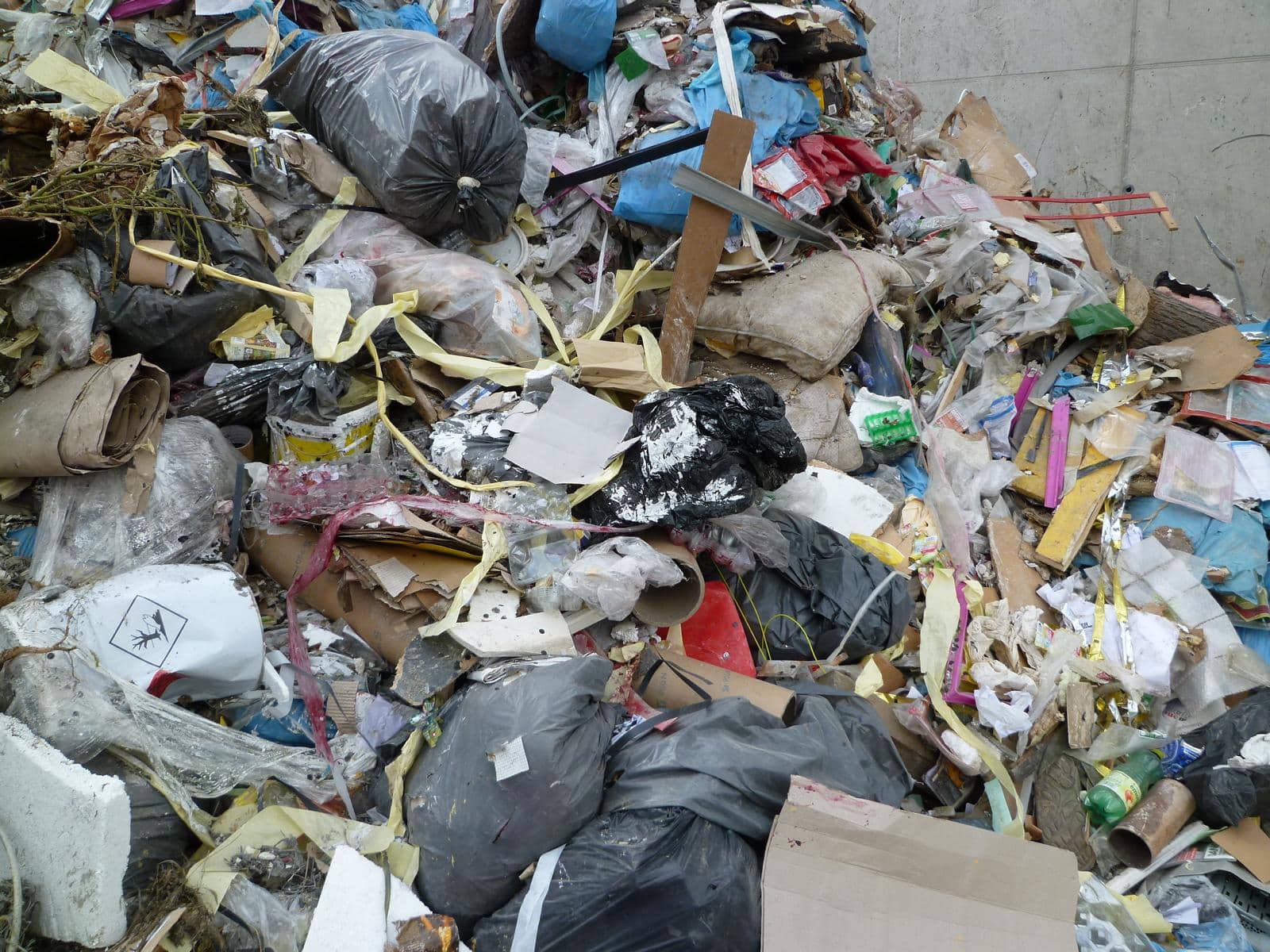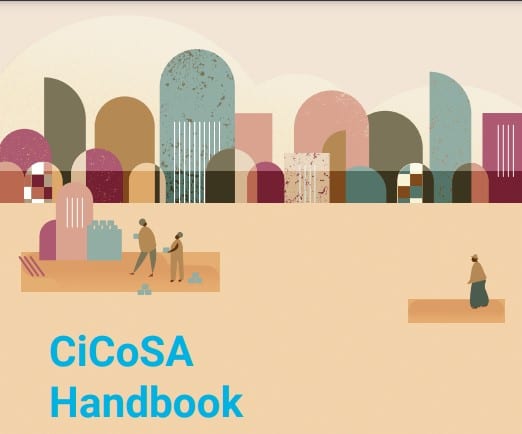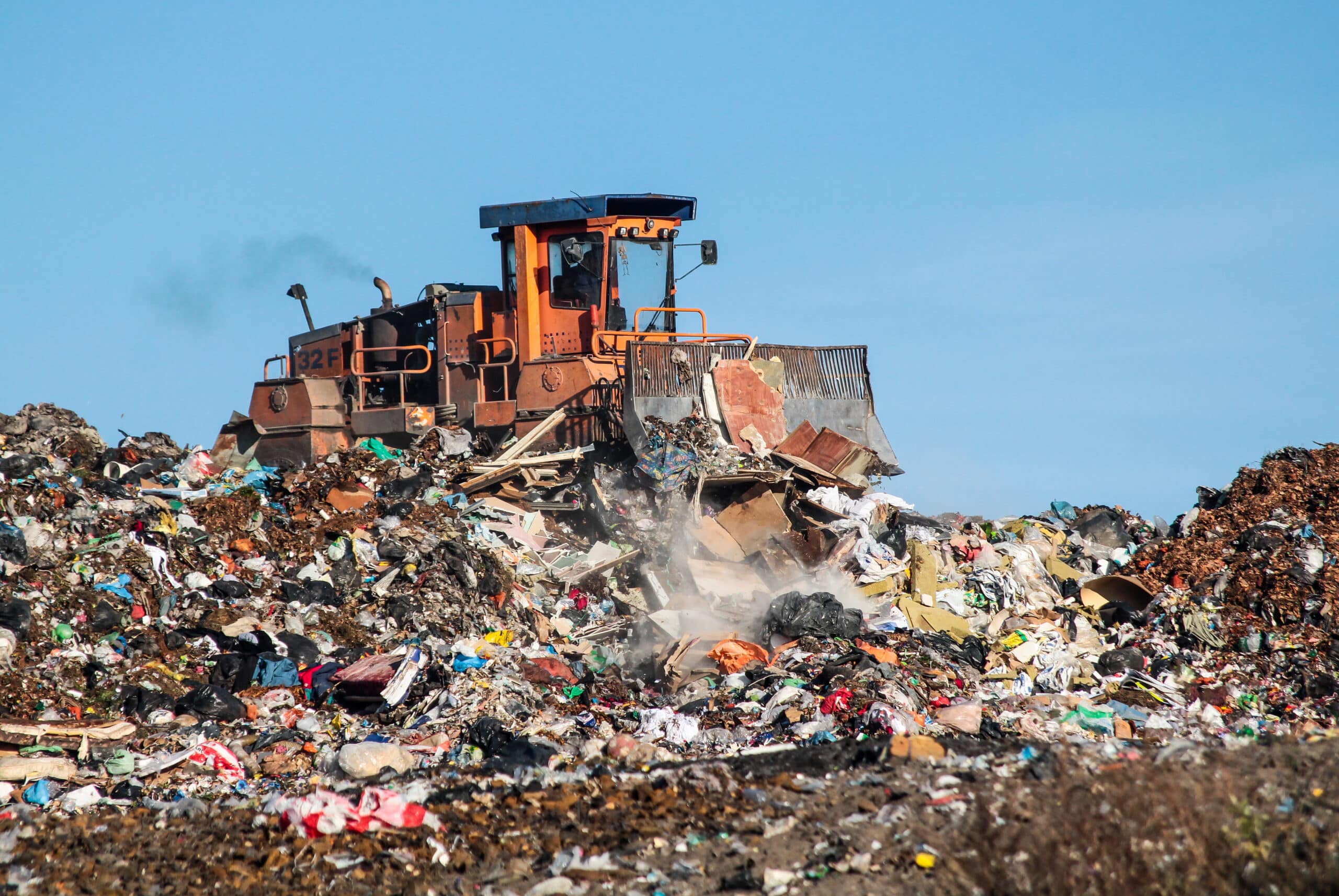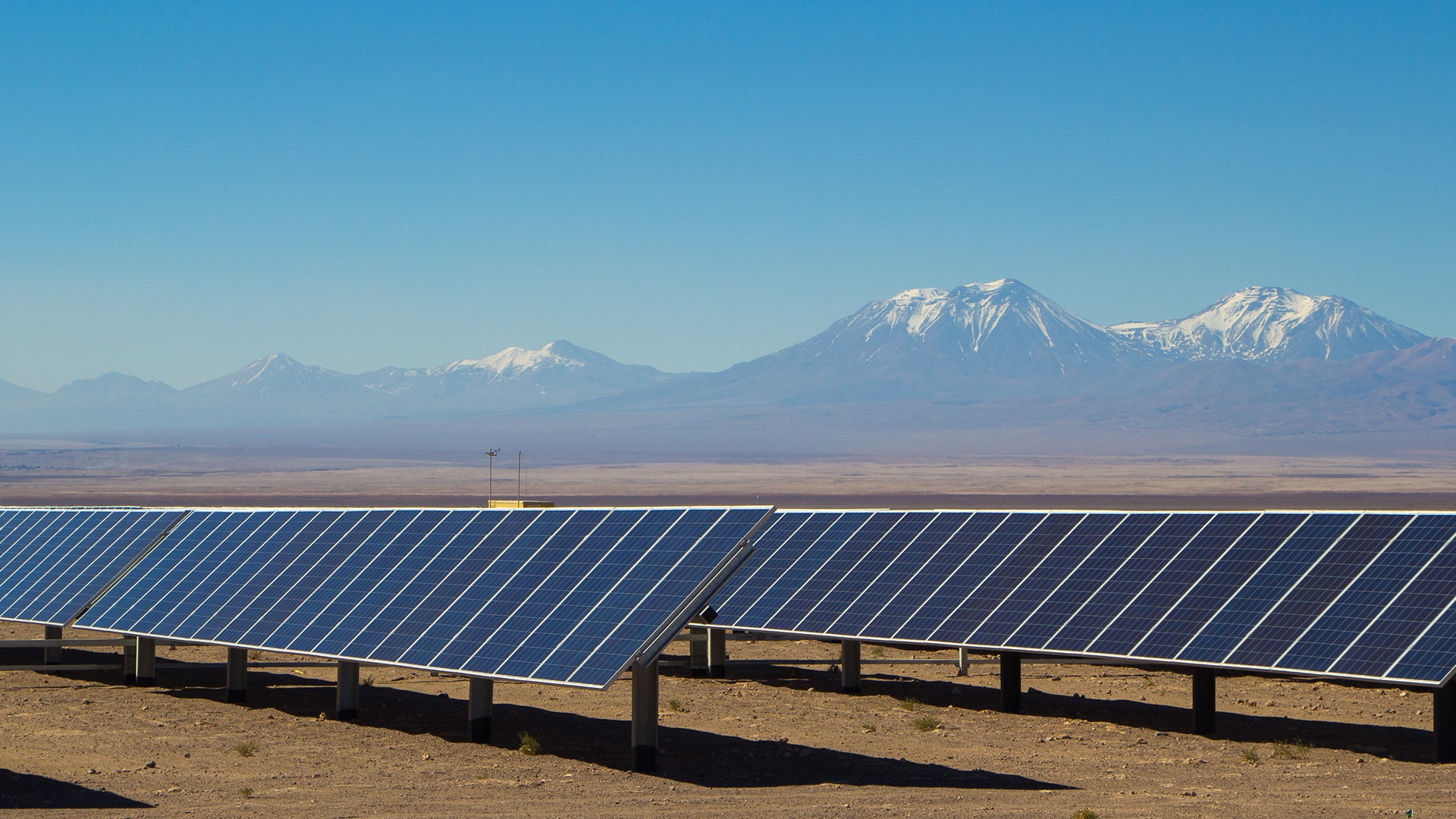CARBON TURNAROUND Completes Landmark Study on Plastic Recycling in the Global South
We are thrilled to announce the completion of a comprehensive study on plastic recycling, specifically focused on the unique challenges and opportunities within countries of the Global South. Commissioned by the Subnational Climate Fund, a leading impact investor in decarbonization and the Circular Economy, this flagship project offers critical guidance for navigating the complex landscape of available plastic recycling technologies.
The study empowers stakeholders to make informed decisions and develop effective plastic recycling roadmaps, particularly in regions where waste management infrastructure is nascent. Recognizing that a one-size-fits-all solution doesn't exist, our research considers local contexts, existing waste systems, plastic types, and business model viability. This groundbreaking work equips policymakers, investors, and project developers with the insights needed to make sound environmental choices.
CARBON TURNAROUND is proud to have partnered with Ambire Global on this significant endeavor, and we are optimistic that this study will catalyze substantial and meaningful plastic recycling initiatives worldwide.
The study can be downloaded here.
CARBON TURNAROUND recently finalized its groundbreaking project for the inclusion of Circular Economy in the Sub-Saharan construction sector to promote its decarbonization.
UN Habitat in close cooperation with CARBON TURNAROUND recently finalized the project Circular Construction in Sub-Saharan Africa (CiCoSA). The project is aiming to promote the use of recycled materials in the building and construction sector in order to contribute to a decarbonization of the build environment in Africa. In the Sub-Saharan region, a huge need for new residential buildings exists, driven by population growth and urbanization trends. Most of the building stock in the year 2050 still needs to be build, therefore it is key to avoid unsustainable construction practices with high carbon footprint. Therefore, the use of secondary building materials by recycling for example Construction and Demolition waste, or the use of biomass resources (e.g. agricultural waste and by-products) as building materials can play an important role to contribute to lower emissions from the construction and building sector.
The outcome of the CiCoSA project are a Handbook and an Implementation Guide for policy makers, project developers, stakeholders from the construction industry, and investors, in order to improve capacity building about the versatile opportunities, which exists by using secondary building materials by introducing the Circular Economy concept in the construction sector. The two documents have been elaborated by the Circular Economy experts from CARBON TURNAROUND and will contribute to a more sustainable development path in the Sub-Saharan region. Both documents can be downloaded from the UN Habitat website:
CARBON TURNAROUND recently finalized one of its flagship projects, the development of a White Paper for the sustainable use of RDF (Refuse Derived Fuels) for its client the Subnational Climate Fund.
The Circular Economy experts from CARBON TURNAROUND have been assigned for this important project due to its excellent and long-lasting experience in the field of RDF fuels. RDF fuels are derived from solid waste streams, like Municipal Solid Waste (MSW) or industrial wastes to valorise them in energy plants and to replace traditional fossil fuels like coal or natural gas. This type of fuel is used for example in cement plants, industrial boilers or in waste to energy plants to support its decarbonization efforts.
The White Paper should serve as a guideline for decision-makers on the sustainable implementation and operation of waste management projects that involve the production of RDF. Especially in developing nations in the Global South, where still no proper waste management system is implemented, the production of RDF fuels could be an interesting solution to improve the current waste management situation.
The paper provides:
a comprehensive overview of RDF, its production, types, characteristics, storage, transportation and uses
guidelines for decision-making on waste management infrastructure involving the production of RDF
guideline for Gold Standard to establish safeguarding principles
The White Paper can be downloaded from the webpage of the Subnational Climate Fund here.
The Subnational Climate Fund is a global blended finance initiative that aims to invest in sustainable infrastructure projects with high climate mitigation impact, like renewable energy, waste management, nature-based solutions, or regenerative agriculture.
The Subnational Climate Fund is a partnership of consortium members composed by Pegasus Capital, the International Union for Conservation of Nature (IUCN), the Catalytic Finance Foundation, Gold Standard and The Green Climate Fund (GCF).
CARBON TURNAROUND is very proud about the successful execution of this significant advisory work. We are convinced that with this White Paper the base for the development of numerous sustainable RDF projects has been laid and a meaningful contribution to improve the waste management situation globally with a high climate mitigation impact has been made.
CARBON TURNAROUND was assigned by HIF GLOBAL, a leading player in the emerging hydrogen and e-fuel market, to undertake an in-depth analysis and risk assessment about legal and technical questions about compliance with the biomass sustainability criteria in the European REDII and REDIII directives.
HIF CHILE belongs to the international company HIF GLOBAL, a leading player in the emerging market of green hydrogen and e-fuels, with activities on a global scale. The projects under development are aiming to produce e-fuels based on large scale hydrogen production with electricity coming from renewable energy sources, like wind turbines or photovoltaics. HIF CHILE already installed a first pilot project in the Magallanes region in Chile. The scaling-up of this project to product large quantities of e-fuels for the international markets is underway. Another project of the same type is under development in Uruguay.
For the production of this carbon rich e-fuels, a sustainable source of CO2 will be required. It is planned to use for this purpose biomass which will be burned in a co-generation plant to produce electricity and heat for the e-fuel synthesis process. One target market is the European Union, where decarbonization efforts are promoted very actively in order to be the first carbon neutral continent globally. In 2018 the European Union did pass the Renewable Energy Directive II (RED II), which acts as legal framework for the EU-wide energy transition. Recently an amendment of this directive (REDIII) did pass the European Parliament, with tightened legal requirements and increased shares for energy from renewable sources. For bioenergy specific strict sustainability criteria have been introduced by these directives in order to avoid unsustainable use of this limited resource and to guarantee that biomass use leads to real and accountable greenhouse gas emission reductions. For HIF GLOBAL these sustainability criteria for biomass are of utmost importance due to the commercialization of their e-fuels on the European market. In order to be counted towards the renewable quotas and to get access to preferential prices (e.g. subsidies), the used biomass in Chile and Uruguay for the production of e-fuels has to comply with the stipulated sustainability criteria.
CARBON TURNAROUND was assigned by HIF CHILE to undertake an in-depth analysis and risk assessment about questions how locally biomass can be sourced and used for the planned purpose by complying with the strict European REDII and REDIII legislation. A comprehensive study report was elaborated with detailed technical and legal answers about relevant questions about this subject area. The study report will be used internally to define a suitable biomass sourcing strategy for HIF CHILE and will be used also in the communication with potential investors for the project.
CARBON TURNAROUND is very proud to have completed this important consulting assignment successfully and we hope to deepen our cooperation with HIF GLOBAL in the growing global hydrogen business.
CARBON TURNAROUND in close alliance with its partner company CHRISTOF GLOBAL IMPACT and co-financed by the German Development Bank KfW DEG did finalize an in-depth feasibility study about the implementation of the BSF insect technology in the Peruvian Amazon region.
Since 2021 CARBON TURNAROUND is closely cooperating with one of the leading engineering companies in the field of organic waste management with the Black Soldier Fly (BSF) technology for organic waste management, the company CHRISTOF GLOBAL IMPACT. Together a strategic alliance was established to introduce this promising technology in Latin America and beyond in order to transform unused organic waste in insect protein for the production of animal feed. Beside high-valued protein also several sub-products, like organic fertilizer and insect oil, are generated what make the business case for insect protein even more promising. Between Sept. 2022 and July 2023 CARBON TURNAROUND and CHRISTOF GLOBAL IMPACT did undertake a very detailed feasibility study how this technology can be implemented in the Peruvian Amazon region in order to solve several environmental problems related to organic waste and on the other hand provide locally produced high quality protein for the emerging sustainable aquaculture industry in the Amazon basin. The BSF insect technology is a multitalent for fulfilling the UN Sustainability Development Goal and is especially for the Amazon region an ideal solution to promote the transformation of the local economy towards sustainability and decarbonization. Currently all the organic waste from cities, agriculture and villages is dumped and is provoking serious environmental problems like high methane emissions, ground water contamination and ozone formation. Additional to that currently fish feed is transported from the coast over the Andes mountains with a high carbon footprint and with elevated costs, what results for the local aquaculture industry in a heavy disadvantage. Locally produced insect protein can be produced with local organic resources at a significant lower price than imported fish meal protein and additional to that provide green local job opportunities and is contributing therefore to a reduction of the pressure on natural resource extraction practises like illegal fishing, poaching, gold mining or coca plant plantations. The local production of protein will also contribute to significantly reduce the high malnutrition of indigenous communities by improving food safety.
The finalized feasibility study is based on a tailor-made solution for the implementation of the BSF insect technology in the complete Peruvian Amazon region. The results of this study are very promising and are proofing that the BSF insect technology is an ideal solution for the current problems related to organic waste and the lack of competitive fish feed. The next step is the implementation of several small-scale pilot plants to demonstrate the feasibility of this technology under local conditions and to generate data for the design of the larger industrial plants, which will be build as a following step.
The BSF Insect technology is also perfectly matching with the recently by the presidents of all Amazon sharing countries signed “Belém Declaration” in which 113 action points for the protection and development of the Amazon basin have been defined. Sustainable Aquaculture and the development of a bioeconomy based on sustainable use of local resources are key pillars of this declaration and 100% aligned with the proposed BSF insect solution for the Peruvian Amazon region.
CARBON TURNAROUND together with its Partner company TÜV-SÜD did recently finalize the SDG Assessment for the Austrian company GLORYFY.
CARBON TURNAROUND has a strategic partnership with the German certifier specialist TÜV-SÜD in the field of SDG Assessment for private companies. TÜV-SÜD did develop a sophisticated methodology based on the 17 UN Sustainability Development Goal (SDG) in order to make the sustainability performance of private companies measurable. Recently we could successfully finalize such type of sustainability assessment for the Austrian company GLORYFY, a specialized eyewear manufacturer, who is using a patented special plastic, which results in unbreakable eyewear. Pressure from clients and investors is increasing and GLORYFY contracted CARBON TURNAROUND and the TÜV-SÜD to undertake a in-depth sustainability assessment based on the SDG´s in order to make the sustainability performance of GLORYFY measurable. The TÜV-SÜD methodology allows to cover the full spectrum of sustainability and determines the contribution of companies to reach the global SDG´s. The methodology is completely transparent and verifiable and can therefore avoid unjustified sustainability claims, a common problem of SDG assessments. The results of the SDG assessment shows that GLORYFY is on an excellent track to become a top-runner eyewear manufacturer in terms of sustainability. We hope to repeat this SDG assessment for GLORYFY yearly in order to allow to measure the results of the identified and proposed sustainability actions of the SDG assessment continuously.
CARBON TURNAROUND recently finalized a market study about the identification of suitable techno-economic usage options of biochar for carbon sequestration for its business partner ECOCONSULTANTS
Biochar is seen as the only technically and economically already mature solution for large scale carbon sequestration. The biochar industry is considered right now on the starting point of a long-lasting boom in order to make a contribution to reduce the CO2 concentration in our atmosphere. To guarantee profitable biochar projects the design of appropriate business models, considering the usage of the produced biochar in a way with the highest added value, is key.
Biochar is a very versatile and valuable resource, which in contrast to CCS (Carbon Capture & Storage) solutions, which are favoured by the fossil industries, will play a key role in the transition towards a bioeconomy based on circularity concepts.
CARBON TURNAROUND was invited by its partner company ECOCONSULTANTS to do an in-depth market study about the possible use options for biochar considering process parameters of the pyrolysis process, used organic feedstock and the final use of the biochar product. This study is considering all market-ready usage options starting from traditional use of biochar as soil amendment and other applications in the agricultural sector, use as energy carrier, its use in industrial processes like cement production or green steel production, its use as environmental absorber for soil, water and air decontamination up to recently evolving high-tech usages like its use as resource for the production of composite materials, building materials and for energy storage application.
This market study was done as part of a broader research project, which was undertaken by one of the leading universities in waste management and circularity in Austria. We are happy for being part of this interesting and pathbreaking research project which hopefully will make a meaningful contribution to the growing biochar industry!
CARBON TURNAROUND was selected by Sonnenerde GmbH as independent 3rd party verifier for a technical due diligence of its biochar-based carbon removal technology
CARBON TURNAROUND undertook in January 2022 a technical verification process of the innovative project proposal based on Biochar, which was developed by Sonnenerde GmbH. This technology proposal was presented at an international competition with the aim to award the most cost efficient and environmental sound project proposal for the sequestration of atmospheric or oceanic carbon dioxide for climate mitigation.
Since 2012 Sonnenerde GmbH is one of the first European companies to produce biochar as soil amendment with an advanced pyrolysis production plant. Based on the vast technological and operational experience gained in the last 10 years in its operating biochar facility Sonnenerde did develop an improved biochar production plant, which will be constructed in 2023 adjacent to the existing facility. This new biochar plant will leverage on the identified shortcomings of the existing plant in order to guarantee an innovative design which will be extremely energy efficient. Besides improved economics for the production of biochar and compost the new over-all plant concept in addition will allow for negative carbon-sequestration costs and thereby greenhouse gas abatement based on a profitable business case.
CARBON TURNAROUND did execute an independent 3rd party verification of the project proposal. This verification process included a detailed technical analysis regarding the technological feasibility of the proposed biochar production facility based on operational performance, the Process Flow Diagram and process descriptions presented as well as a verification of assumptions for carbon sequestration calculations, mass- and energy balance and system boundaries.
We are grateful for Sonnenerde´s confidence in CARBON TURNAROUND´s technical capabilities to act as an independent 3rd party verifier. We wish the team from Sonnenerde all the best to proceed in this ground-breaking competition!
Market study and business model evaluation for the utility solar project developer Activ Solar for the Chilean market
In 2013, Herwig was assigned by the international photovoltaic project developer Activ Solar to deliver a market study about the Chilean solar market. Activ Solar was looking for new markets due to the difficult situation on the European photovoltaic market. Together with the client, Herwig made an analysis of different business models on the Chilean solar market. At that time, the Chilean photovoltaic market was among the fastest-growing solar markets worldwide, with new market players entering from all parts of the world and aiming to participate in the Chilean solar boom. To persist on this extremely competitive solar market, innovative business models for the sale of solar electricity were essential. Herwig delivered a detailed market study for Activ Solar about the functioning of the Chilean electricity market, tariff structure, PPA conditions for electricity sale to the Chilean mining industry as well as about legal requirements for project development and environmental impact assessment studies. This report was used by Activ Solar for its new business development analysis and decisions making.
